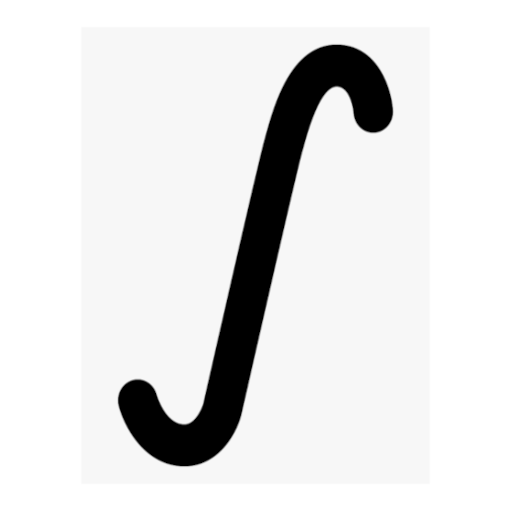We’re playing a game. I flip a coin. If it lands on Tails, I flip it again. If it lands on Heads, the game ends.
You win if the game ends on an even turn, and lose otherwise.
Define the following events:
A: You win the game
B: The game goes on for at least 4 turns
C: The game goes on for at least 5 turns
What are P(A), P(B), and P(C)? Are A and B independent? How about A and C?


Games are always played to completion, though if you wanna make it (barely) more challenging you can add in a 5% chance for both players to get bored and give up on each round (before flipping), leading to a loss. Though it seems unlikely - after flipping a quarter 20 times and getting Tails every time, I’d be inclined to keep flipping if anything.
response
These are correct. It is possible to reason out which of B and C is independent of A without going into the numbers.
It’s a sunk cost fallacy, it’s never too late to get bored and give up. ;)